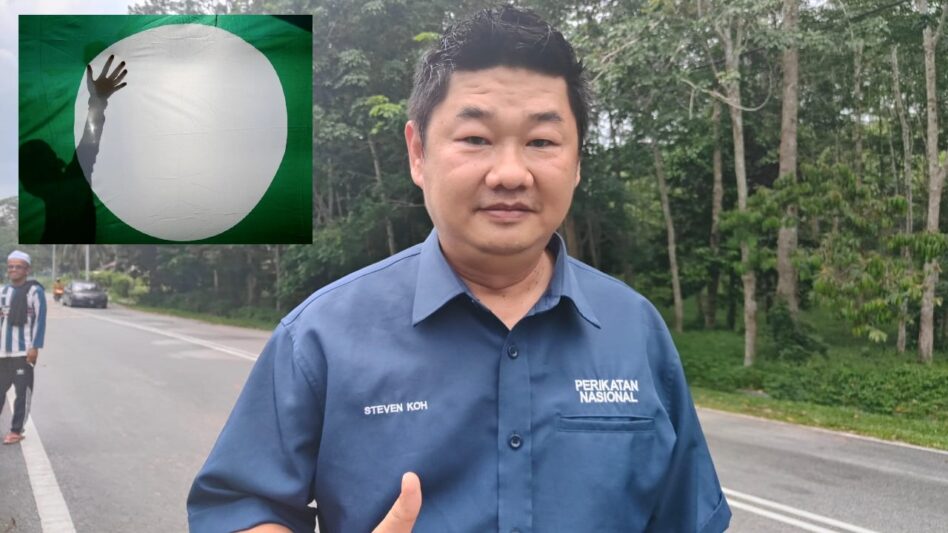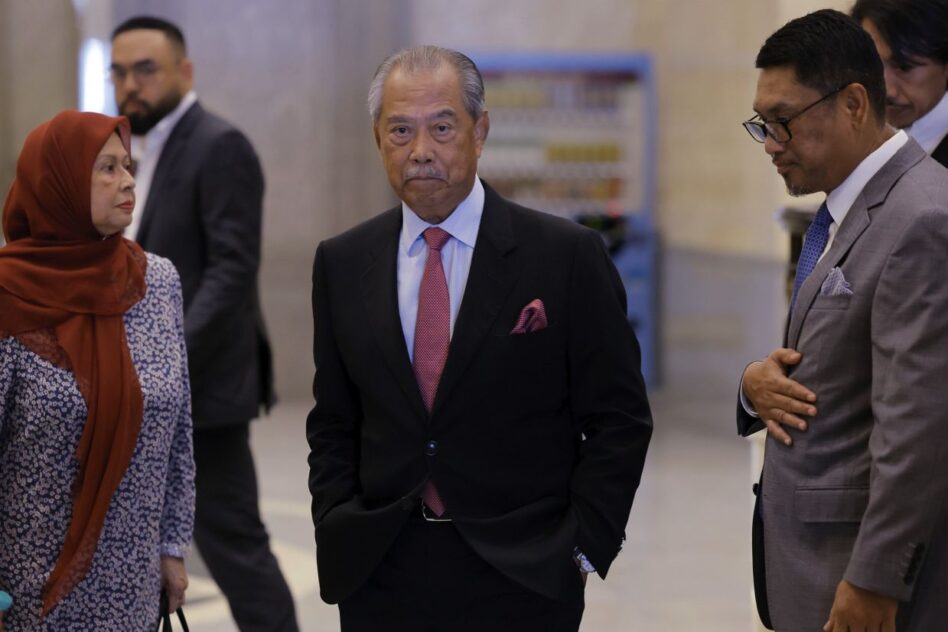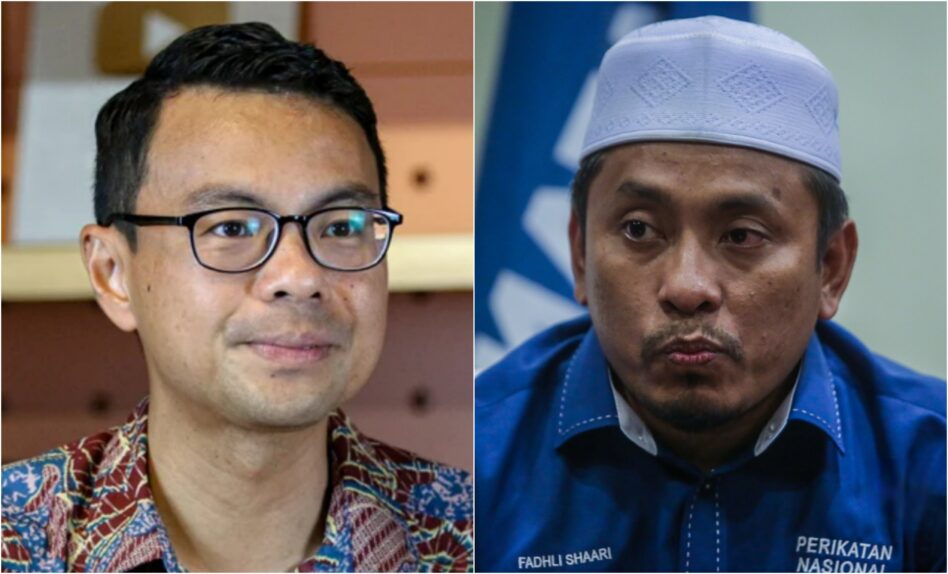By Professor Dr. Neethiahnanthan Ari Ragavan
IT has been fascinating to encounter discussions about vaccine passport and its impact on the travel and tourism industry lately.
There have been divergent views on this topic between the need to stay cautious given health considerations and against the backdrop of socio-economic imperative of opening up both local and international borders to revive tourism business.

My view is that we may need to take a convergent approach between the two paradigms in reviving the travel & tourism business in the light of this new development post vaccination.
The first step towards safe reopening of the borders is possible through a combined effort of multiple strategies between governments within the region.
In this context, let’s explore ASEAN as an economic cooperation and selected countries in this region which could form common framework for cross border travel to facilitate businesses through travel bubbles or Reciprocal Green Lane (RGL) agreements both in tourism and international trade.
In this instance, vaccine passport combined with strict adherence to standard operating procedures (SOPs) such as tracing app, proof of pre-arrival negative PCR test and above all my recommendation is to ensure all international tourist are required to mandatorily engage local travel agents or tour operators for their travel & tour plan. This includes use of licensed tourist guides and charter of tour coaches and etc.
The idea on mandatory use of local travel and tour operators by all foreign tourist is to ensure strict compliance to the new normal, SOPs and ensuring safety of the local community. Nonetheless, such requirement forces the creation of business opportunities for these enterprises and revive its economic activities.
Through the involvement of such tourism intermediaries the risks of spreading virus within the community is mitigated given the tour operators are now responsible for this “vaccinated tourist groups” visiting the respective countries.
In other words, let’s welcome the return of the traditional role of our tour operators and travel agents prior to digital revolution consequent to the proliferation of Online Travel Agents (OTAs).
In the case of Malaysia, we could first start with outlining the top three to five countries that has the highest visitor arrival and tourism receipts. Statistically, this would mean Singapore, China, Indonesia, Thailand and Brunei in the order of priority.
Given an excellent international relationship between Malaysia and these countries, I am sure a common reciprocal framework between these selected South East Asian nations & China (the ASEAN Plus Three member which also includes South Korea & Japan as well) is just at the brink of sealing the travel deal.
While I appreciate the critics against rushing through the plans for vaccination passports, it is important that we consider a balancing view with consideration over the economic impacts of such important decision on closing the borders both local and international any longer.
The South East Asian nations contribute US$380 bil to the tourism industry and employed 42.3 million people in 2019, the present pandemic has literally brought the numbers to a halt.
The Ministry of Tourism, Arts and Culture (Motac) estimated that Malaysia suffered RM100 bil (US$25 bil) losses in tourism business in 2020. The impact to livelihood is severe and we need an immediate revival or recovery plan to resuscitate the tourism economy.
We should take cognisance of the fact that any hesitation in implementing a clear vaccine passport standard along with the established entry SOPs, may lead to other countries ‘hijacking’ our potential visitor arrival business.
An electronic vaccine passport certified by the government of these countries with the presence of tour operators managing travel programmes with strict adherence to SOPs could restore confidence to travel among international travellers and choose Malaysia as a hassle-free, secured, and preferred destination in 2021.
Realising this scenario, ASEAN Tourism Research Association (ATRA) together with the Centre for Research and Innovation in Tourism (CRiT), Taylors University, Malaysia is conducting a study to understand the contemporary scenario of the tourism industry in the post-vaccination period.
This study is also supported by the Ministry of Tourism, Arts and Culture (MOTAC), Malaysia to provide further clarity to the issue at hand. – Mar 6, 2021
Professor Dr. Neethiahnanthan Ari Ragavan is the president for the ASEAN Tourism Research Association (ATRA) and the executive Dean for the Faculty of Social Sciences and Leisure Management at Taylor’s University Malaysia.
The views expressed are solely of the author and do not necessarily reflect those of Focus Malaysia.
Photo credit: CNBC










